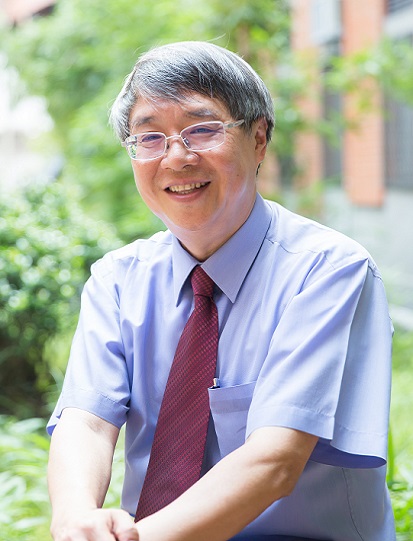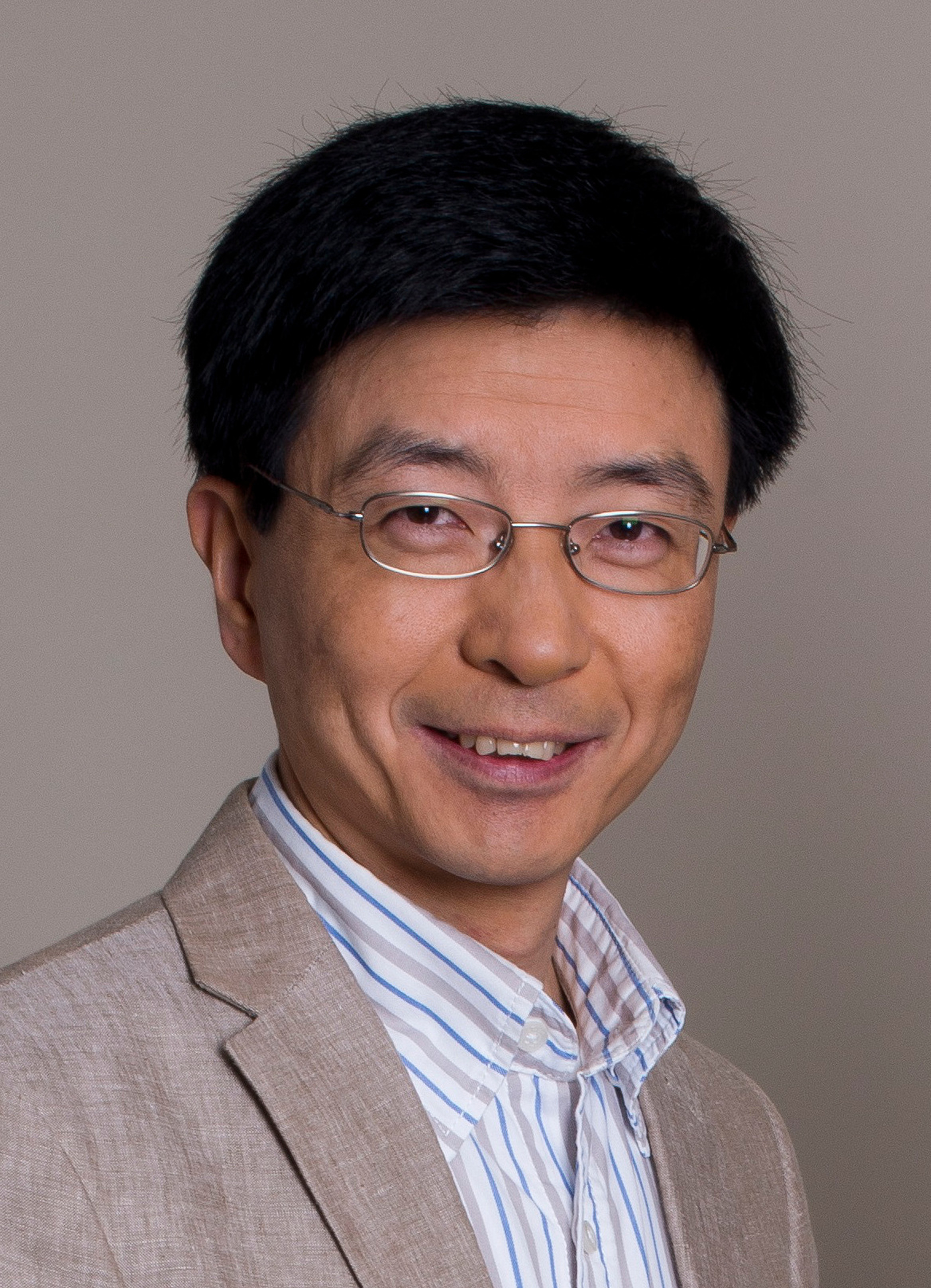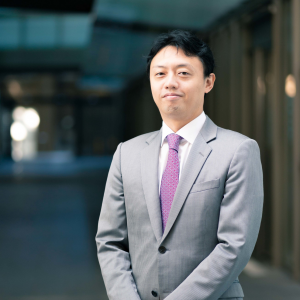


Deep learning has had a huge impact on the development of artificial intelligence (AI) after 2012. In this keynote speech, I will talk about two examples of applying deep learning technology to daily life. The first example is the use of deep learning neural network to learn to execute automatic concert video mashup. The main purpose of this work is to automatically mashup the video clips grabbed from YouTube that are recorded and uploaded by the audience at the concert with their mobile phones into a complete, non-overlapping, and seamless video. In the process of implementing automatic concert video mashup, we also take into account the language of film rules learned by the music director from either textbook or past experience. Our ultimate goal is to make the mashup results the best. As for the second daily life application, we will use deep learning technology for smart transportation. We will use a deep learning neural network to perform traffic parameter extraction and use these extracted parameters for automatic traffic signal control.
Mark Liao received his Ph.D degree in electrical engineering from Northwestern University in 1990. In July 1991, he joined the Institute of Information Science, Academia Sinica, Taiwan and currently, is a Distinguished Research Fellow and Director. He has worked in the fields of multimedia information processing, computer vision, pattern recognition, multimedia protection, and artificial intelligence for more than 30 years. He was appointed as an Honorary Chair Professor of National Chiao-Tung University from 2016 to 2020. He received the Young Investigators' Award from Academia Sinica in 1998; the Distinguished Research Award from the National Science Council in 2003, 2010 and 2013; the Academia Sinica Investigator Award in 2010, the TECO Award from the TECO Foundation in 2016, and the 64th Academia Award from the Ministry of Education (2020). His professional activities include: President, Image Processing and Pattern Recognition Society of Taiwan (2006-08); Editorial Board Member, ACM Computing Surveys (2018 – present), IEEE Signal Processing Magazine (2010-13); Associate Editor, IEEE Transactions on Image Processing (2009-13), IEEE Transactions on Information Forensics and Security (2009-12) and IEEE Transactions on Multimedia (1998-2001). He has been a Fellow of the IEEE since 2013.

Combining multiple models into a consensus model helps, amongst others, to reduce the uncertainty in the initial models. Consensus learning can be formulated informally or formally in arbitrary problem domain. This talk focuses on the formal framework of the so-called generalized median computation. The concept of this framework, the related theoretical results, and computation algorithms will be presented. A variety of applications in image analysis and pattern recognition will be shown to demonstrate the usefulness and potential of consensus learning.
Xiaoyi Jiang studied Computer Science at Peking University and received his PhD and Venia Docendi (Habilitation) degree in Computer Science from University of Bern, Switzerland. He was an associate professor at Technical University of Berlin, Germany. Since 2002 he is a full professor at University of Münster, Germany, and currently the Dean of the Faculty of Mathematics and Computer Science. He was a Principal Investigator and research area leader of the Cluster of Excellence "Cells in Motion" funded by the German Excellence Initiative. He is Editor-in-Chief of International Journal of Pattern Recognition and Artificial Intelligence. In addition, he was/is on the advisory board and editorial board of several other journals, including IEEE Transactions on Medical Imaging (2015-2019), Pattern Recognition (2007-2019), International Journal of Neural Systems (2008-present) and Journal of Big Data (since 2021). Since 2016 he is member of the Governing Board of IAPR. His research interests include image analysis, pattern recognition, machine learning, and biomedical imaging. Dr. Jiang is a Fellow of IAPR and senior member of IEEE.

Yutaka Matsuo is a professor at the Graduate School of Engineering, the University of Tokyo. He received his BS, MS, and Ph.D. degrees from the University of Tokyo in 1997, 1999, and 2002. After working at National Institute of Advanced Industrial Science and Technology (AIST) and Stanford University, he has been an associate professor at the Graduate School of Engineering, the University of Tokyo since 2007 and a professor since 2019. At the Japanese Society for Artificial Intelligence (JSAI), he served as Editor-in-Chief from 2012 to 2014, ELSI Committee Chair from 2014 to 2018, and is currently a member of the Board of Directors. He is currently the President of the Japan Deep Learning Association (JDLA) and an outside director of SoftBank Group Corp. His research interests include artificial intelligence, especially deep learning and web mining.